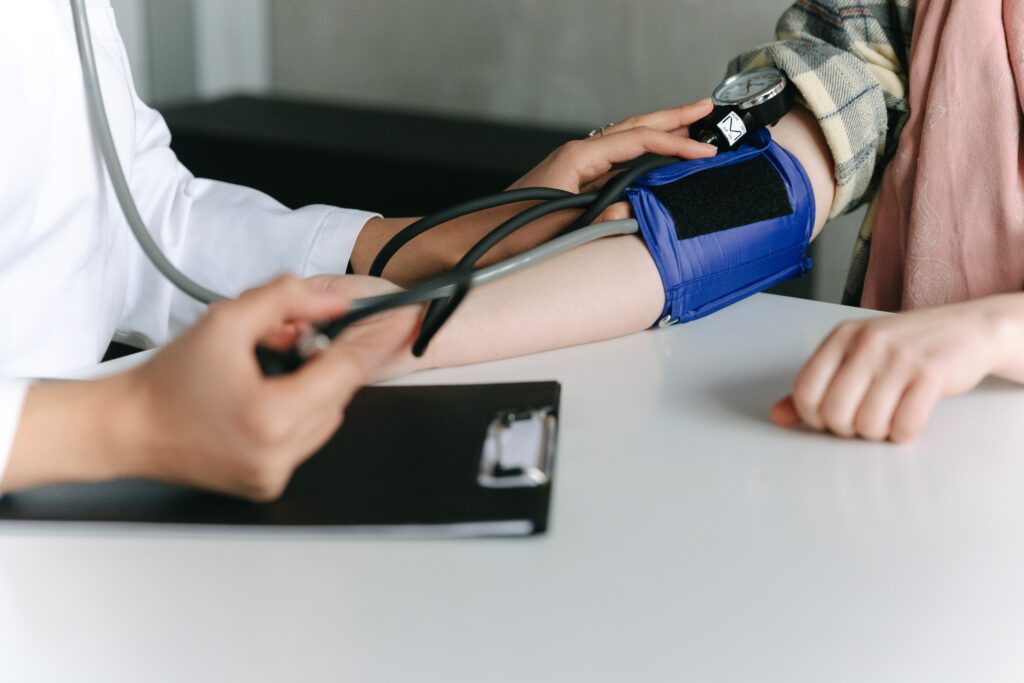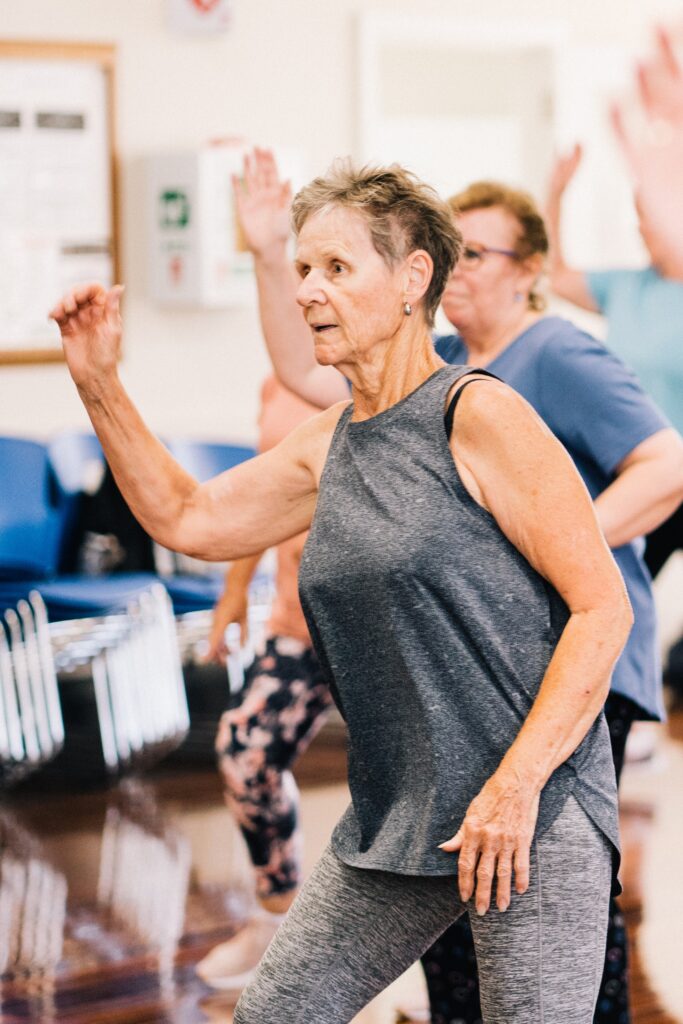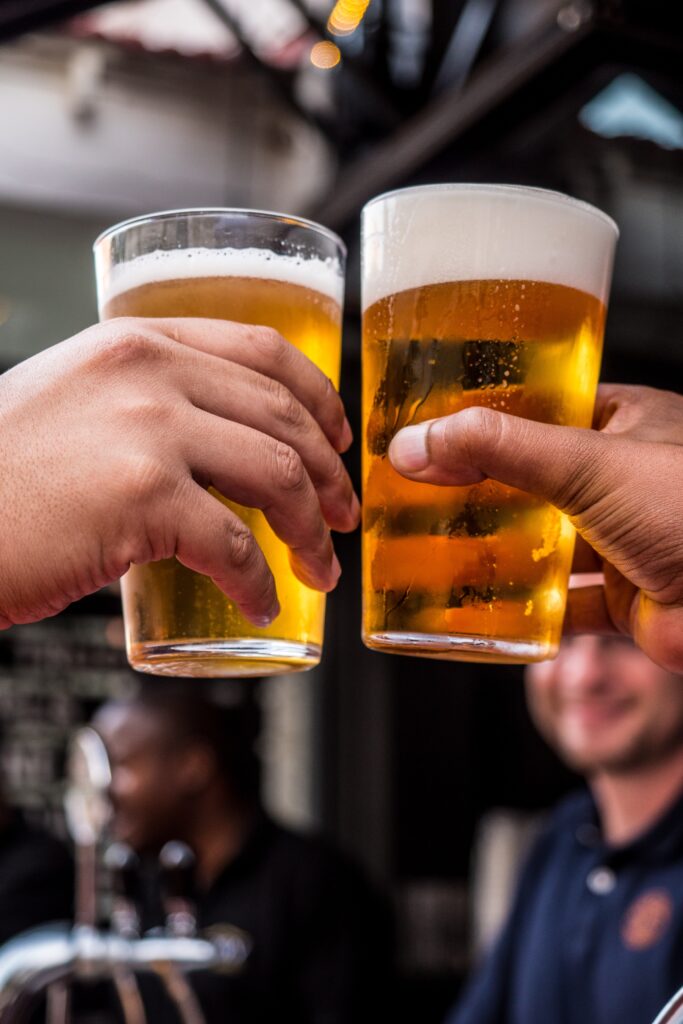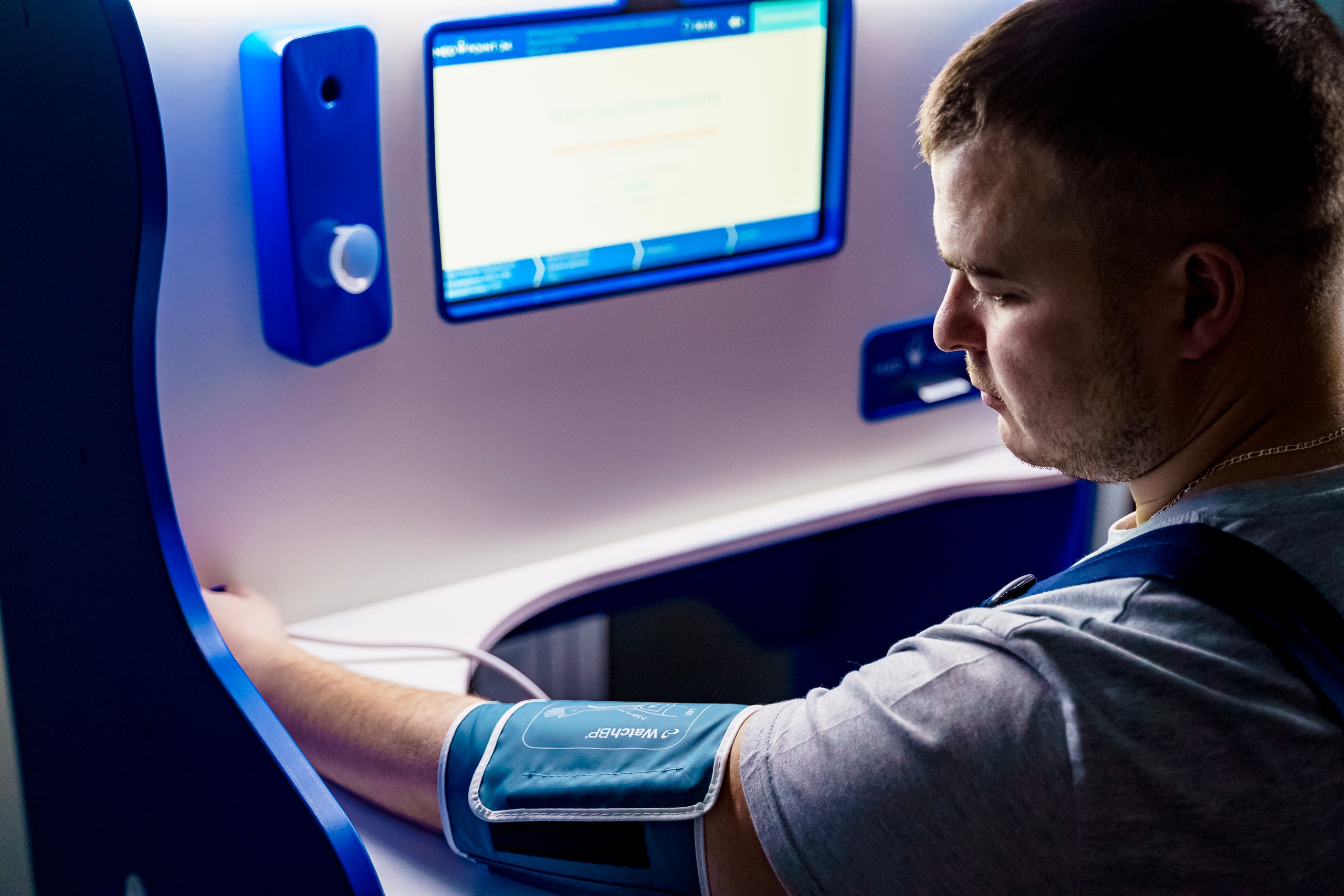Hypertension Management for Seniors: A Guide to Healthy Aging
Contents
- 1 Hypertension Management for Seniors: A Guide to Healthy Aging
- 1.1 Introduction:
- 1.2 Hypertension Management for Seniors
- 1.2.1 Understanding High Blood Pressure
- 1.2.2 1. Monitor Blood Pressure Regularly
- 1.2.3 2. Maintain a Heart-Healthy Diet
- 1.2.4 3. Stay Active
- 1.2.5 4. Manage Stress
- 1.2.6 5. Limit Alcohol and Quit Smoking
- 1.2.7 6. Maintain a Healthy Weight
- 1.2.8 7. Limit Caffeine Intake
- 1.2.9 8. Medication Management
- 1.2.10 9. Regular Medical Check-ups
- 1.2.11 10. Hydration is Key
- 1.2.12 11. Mindful Eating Practices
- 1.2.13 12. Limit Added Sugars
- 1.2.14 13. Portion Control
- 1.2.15 14. Limit Processed Foods
- 1.2.15.1 Heart-Healthy Eating for Seniors Tips
- 1.2.15.2 Common Heart Conditions in Old Age and Their Treatments
- 1.2.15.3 Cardiac Rehabilitation for Elderly Patients
- 1.2.15.4 Osteoporosis Prevention in Seniors
- 1.2.15.5 Understanding Arthritis: A Comprehensive Guide to Joint Health
- 1.2.15.6 Managing Arthritis Pain in Seniors
- 1.2.15.7 Exercise Tips for Maintaining Strong Bones in Old Age
- 1.2.15.8 Age-Related Changes in Bone Density and Structure
- 1.3
- 1.4 FAQs
- 1.4.1 Can high blood pressure be reversed with lifestyle changes alone?
- 1.4.2 Are there any foods specifically recommended for lowering blood pressure?
- 1.4.3 Can stress management really impact blood pressure?
- 1.4.4 How often should blood pressure be monitored at home?
- 1.4.5 Is it safe for older adults to engage in vigorous exercise?
- 1.4.6 Are there any foods to avoid for managing high blood pressure?
- 1.5 Conclusion
Read DISCLAIMER
Learn about the best ways to Hypertension Management for Seniors. Learn how to enhance heart health and wellbeing via practical tactics, lifestyle modifications, and medical concerns.

Introduction:
The significance of maintaining optimum health becomes more and more clear as we get older. Older folks frequently worry about hypertension, generally known as high blood pressure. Fortunately, taking proactive measures to control high blood pressure and encourage a healthy, meaningful life is an option. We will examine professional recommendations and doable tactics for treating high blood pressure in older persons in this extensive guide. We’ll go over all you need to know to manage this area of good aging, from lifestyle changes to medicinal therapies.
Hypertension Management for Seniors
A comprehensive strategy that takes into account medical issues as well as lifestyle variables is needed to manage high blood pressure. Older folks may take charge of their heart health and improve their general wellbeing by using these techniques.
Understanding High Blood Pressure
It’s crucial to comprehend the fundamentals of high blood pressure before looking at management techniques. When blood constantly pushes too hard against artery walls, high blood pressure results. The cardiovascular system is strained by this condition, which also raises the risk of heart disease, stroke, and other illnesses.
1. Monitor Blood Pressure Regularly
Knowing your blood pressure level on a regular basis is crucial for assessing your health. At home, take your blood pressure and record it for your healthcare practitioner to see.
2. Maintain a Heart-Healthy Diet
Adopt a diet that is high in fresh produce, whole grains, lean meats, and healthy fats. Limit processed meals, cut back on salt, and pick heart-healthy minerals like potassium and magnesium.

3. Stay Active
Regular physical activity can help reduce blood pressure. Aim for 150 minutes or more of moderate activity per week, such as brisk walking, swimming, or cycling.
4. Manage Stress
Continuous stress can worsen elevated blood pressure levels.. Use stress-relieving methods like deep breathing, meditation, and indulging in your favorite activities.

5. Limit Alcohol and Quit Smoking
Smoking and drinking too much alcohol both raise blood pressure. Try to limit your alcohol consumption, and if you smoke, get help to stop.
6. Maintain a Healthy Weight
Having a healthy weight and keeping it off can greatly reduce blood pressure. To manage weight, put an emphasis on a balanced diet and consistent exercise.
7. Limit Caffeine Intake
Overdosing on coffee may momentarily cause blood pressure to rise. Keep an eye on your caffeine intake and, if necessary, use decaffeinated products.

8. Medication Management
Follow your healthcare provider’s instructions when taking blood pressure medication, if recommended. Talk to them about any worries or negative effects.
9. Regular Medical Check-ups
Regular doctor visits enable the ongoing monitoring of blood pressure and general health. Follow your doctor’s advice when it comes to screenings and testing.
10. Hydration is Key
Blood pressure control is aided by proper hydration. To stay properly hydrated, make sure to take frequent sips of water throughout the day.
11. Mindful Eating Practices
Enjoy every bite, consume mindfully, and tune into your body’s signals of hunger and satisfaction while practicing mindful eating. This approach can lead to improved digestion and prevention of overindulgence.
12. Limit Added Sugars
Obesity and heart disease can both be exacerbated by excessive sugar intake. Identify hidden sugars on product labels by reading them, and choose naturally sweetened foods like fruits.
13. Portion Control
Older individuals often need fewer calories. To prevent overconsumption and manage a healthy weight, it’s important to be mindful of portion sizes.
14. Limit Processed Foods
Processed foods frequently include large amounts of salt and bad fats. When possible, choose entire, unprocessed meals.
Read more about
Heart-Healthy Eating for Seniors Tips
Common Heart Conditions in Old Age and Their Treatments
Cardiac Rehabilitation for Elderly Patients
Osteoporosis Prevention in Seniors
Understanding Arthritis: A Comprehensive Guide to Joint Health
Managing Arthritis Pain in Seniors
Exercise Tips for Maintaining Strong Bones in Old Age
Age-Related Changes in Bone Density and Structure
FAQs
Can high blood pressure be reversed with lifestyle changes alone?
While lifestyle changes can significantly lower blood pressure, some individuals may still require medication to manage it effectively.
Are there any foods specifically recommended for lowering blood pressure?
Foods rich in potassium, such as bananas, leafy greens, and potatoes, can help regulate blood pressure. Additionally, foods high in fiber contribute to heart health.
Can stress management really impact blood pressure?
Yes, stress management techniques like meditation and deep breathing can help lower blood pressure by reducing stress hormones in the body.
How often should blood pressure be monitored at home?
It’s advisable to monitor blood pressure at least once a day, preferably at the same time each day. Keep a record to share with your healthcare provider.
Is it safe for older adults to engage in vigorous exercise?
Before beginning any new exercise routine, it’s important to consult your healthcare provider. For many older adults, incorporating moderate exercise into their routine can be a safe way to promote heart health.
Are there any foods to avoid for managing high blood pressure?
Limiting sodium-rich foods like processed foods, fast food, and canned soups is essential for managing high blood pressure.
Conclusion
Taking control of high blood pressure in elderly people is a proactive step toward heart health and general wellbeing. Older persons who adopt a heart-healthy lifestyle, keep informed, and collaborate closely with healthcare providers can successfully manage the difficulties of hypertension and live a full and active life.
